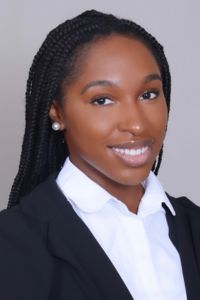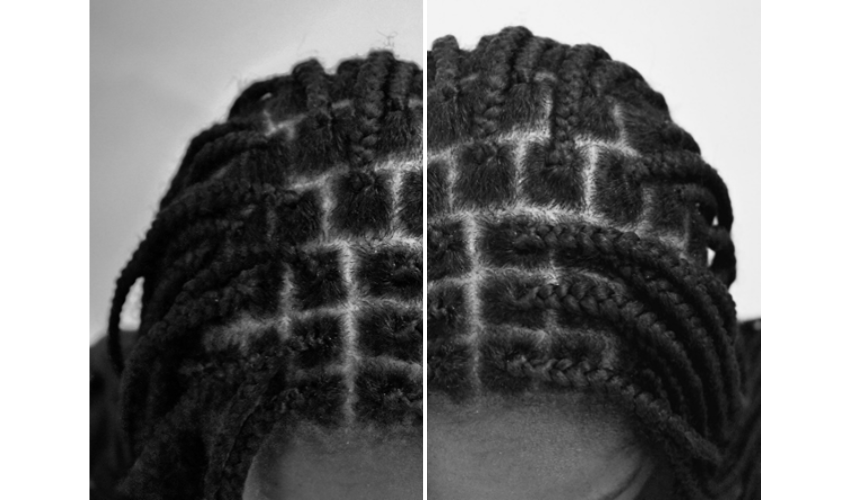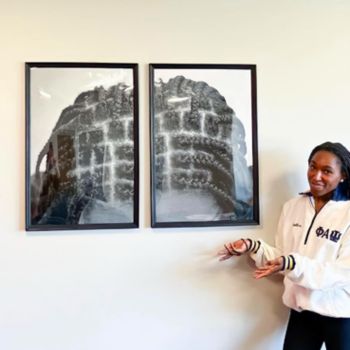Resisting the Press(ure): Black Women, Natural Hair and Medical Professionalism
Published February 18, 2025
Inside OME

By Abigail Coachi, masters/post baccalaureate student, Touro College of Osteopathic Medicine Middletown
The stigma surrounding natural Black hair poses unique challenges for Black women in medicine, where professionalism and presentation are often judged harshly. The medical field is one that demands a high level of respectability, and for Black women, this respectability is often unfairly tied to conforming to Eurocentric beauty standards. Natural hairstyles such as afros, braids, locs or twists are frequently labeled as “unprofessional” or “unhygienic,” leaving many Black women in medicine to feel pressured to straighten or alter their natural hair to avoid scrutiny.
In healthcare environments, where Black women may already face systemic biases, the pressure to conform to these grooming standards can be particularly burdensome. Medical professionals are often seen as the face of trust and care, and for many Black women, the decision to wear their natural hair comes with concerns about how patients, colleagues and supervisors may perceive them. They may worry that natural hairstyles will lead to assumptions of incompetence, a lack of authority or even a reduced ability to connect with patients.

Using her undergraduate minor in photography, Abigail created a piece titled, "I Am Not My Hair,” consisting of two photographs that should be viewed together to create a single, cohesive image.
This pressure is not without consequences. Black women in medicine may spend considerable time and financial resources on hair treatments to maintain straightened styles, prioritizing societal acceptance over personal preference or comfort. The mental toll of navigating these decisions adds to the already high-stress environment of medical work. For some, it can even create barriers to fully expressing their identity and confidence in the workplace.

Despite these challenges, many Black women in medicine are embracing their natural hair and challenging these outdated perceptions. They are redefining what professionalism looks like, showing that hairstyles reflecting their heritage and identity do not detract from their skills, expertise or ability to provide exceptional care. Representation plays a critical role here—Black women in leadership roles within medicine, proudly wearing natural hairstyles, help to break down stereotypes and empower others to do the same.
Growing up, I was ashamed of my natural Black hair. I thought I always had to have pressed silk hair to be accepted. Constant exposure to such notions as these causes Black women to believe these stereotypes. It took some healing to understand that our hair should not be the sole deciding factor on how we are to be perceived by others and ourselves. Due to songs like India Arie’s “I Am Not My Hair,” I began to love and embrace wearing my natural Black hair. Just like the song suggests, our hair is an extension of ourselves, but it is not the only thing that defines us. I learned that I shouldn’t let the way society views my hair affect the way I see myself. Therefore, my artwork honors the intricacy and beauty of natural Black hair, empowering Black women to embrace their hair on their own terms—free from societal expectations—and wear it with confidence in any setting.
